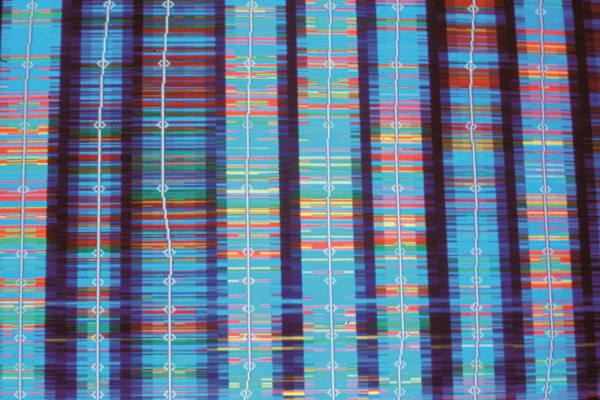PGS or Preimplantation Genetic Screening is an embryo selection technique used in in-vitro fertilisation (IVF) protocols[1]. The aim is “to eliminate embryos with chromosome abnormalities in order to implant only ‘normal’ embryos” and improve IVF success rates. However, two studies published in June and September 2016 challenge the use of this technique.
Doctor Jacqueline Mandelbaum, former Head of the Biology and Reproduction Department at Tenon Hospital and former member of the CCNE[2], points out that “PGS is not tried and tested”, hence there is “no point recommending it to all women”, especially since “we have realised that natural correction undoubtedly occurs in some embryos. Anomalies could emerge and the embryo would be implanted”.
This technique involves carrying out a biopsy on five to ten embryo cells on the third or fifth day after in-vitro fertilisation. The sample is then analysed by a geneticist who selects the embryos for implantation. Some Spanish clinics are keen to point out that PGS “increases the percentage of pregnancy with each transfer, right from the first attempt, up to 70%”.
However, the latest published studies counter this claim: “An American study has not highlighted any difference in the under 37 year-olds; women over 37 must wait for several cycles for an embryo to become implanted because they have fewer eggs and are more likely to carry anomalies”. The second study published by a Stanford team “highlights the inferiority of PGS-related IVF compared to natural conception”: ” on average, the IVF and PGS groups take 6.5 months to become pregnant, compared to three months for others”.
Will these studies lead to a change of practice? Doctor Mandelbaum doubts that this will be the case: “The PGS argument appeals to patients and as the cost is not negligible, the commercial interest is clearly evident”.
[1] PGS is used in Spain and the United States but is banned in France.
[2] French National Consulting Committee of Ethics.
Destination santé, Alejandro Jimenez (21/09/2016)

